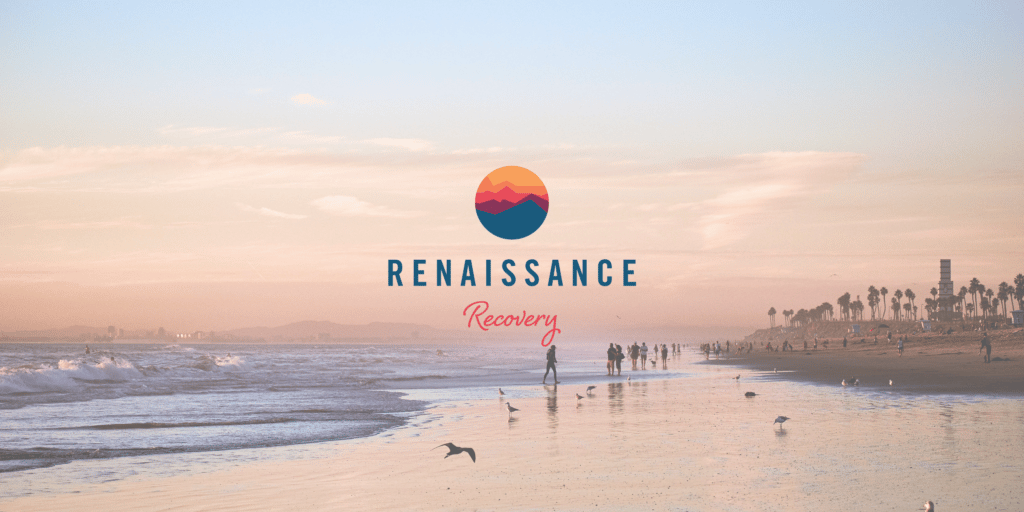First responder PTSD treatment is vital to protect those who protect us.
From witnessing fatal car wrecks to the aftermath of school shootings to risking their own lives, police officers, nurses, EMTs, firefighters, and other first responders face shocking situations daily that many people never encounter in a lifetime.
If you have a loved one working as a first responder, you probably try not to think about what they go through every day, and it’s distressing to think about the trauma they could be carrying around inside.
How about if witnessing all that trauma has triggered post-traumatic stress disorder, though?
Well, while this might be a risk that first responders run in the line of duty, it also means we need the right treatment in place for those working to safeguard us. That’s where our Orange County rehab can help.
First Responder PTSD Treatment Programs
PTSD stats show that this condition is fairly common among first responders. Perhaps due to ongoing exposure to traumatic events over the course of their careers, this data shows that as many as 32% of all first responders experience post-traumatic stress disorder at some point.
Up to 20% of EMT professionals experience PTSD, with 7.3% of firefighters and 4.7% of police officers also developing post-traumatic stress disorder.
Even with the proper mental preparation and training, first responders remain at increased risk of developing PTSD as a direct result of the repeated traumas they witness in the line of duty. PTSD can easily develop from a single catastrophic event among many.
The right treatment for first responders facing up to post-traumatic stress disorder starts with a comprehensive assessment. This may include drug or alcohol detox if you are also suffering from a co-occurring substance use disorder or alcohol use disorder. In this event, residential rehab is often the next step.
If you don’t need inpatient rehab, a personalized dual diagnosis treatment program typically proves effective. This will allow you and your treatment team to unpack all the mental health issues troubling you simultaneously.
PTSD treatment includes any or all of the following:
- Dual Diagnosis
- Individual counseling
- Group counseling
- Psychotherapy like CBT and DBT
- Holistic therapies

What is the First-Line Treatment for PTSD?
PTSD is a chronic and severe form of anxiety disorder leading to:
- Significant disruption to daily functioning
- High rates of comorbidity
- Frequent suicidal ideation
SSRIs are normally the first-line therapy for PTSD since there is a base of evidence establishing the effectiveness of this form of antidepressant.
The FDA approves the use of both paroxetine and sertraline for the treatment of PTSD. Each of these medications has been extensively studied.
Occasionally, other treatments are prescribed off-label. Fluoxetine is recommended as an off-label first-line treatment for those with PTSD, although this does not have FDA approval.
When SSRIs are either ineffective or not tolerated, SNRIs are widely used as a second-line PTSD treatment. Venlafaxine has been proven effective in some small studies.
Atypical antipsychotics do not have FDA approval either, but they are sometimes prescribed off-label for the treatment of PTSD when psychotic symptoms are pronounced.
First Responder PTSD Symptoms
NAMI (the National Institute of Mental Health) states that the symptoms of PTSD need to satisfy both the following conditions:
- Symptoms need to persist for more than one month.
- Symptoms must also be severe enough to impair your relationships or your work.
Diagnosing post-traumatic stress disorder is a lengthy and involved process. You should enlist the help of an experienced healthcare provider to guide you.
That said, the symptoms of PTSD can be classified as follows, so you know what to look out for in your or a traumatized loved one:
- Avoidance
- Intrusive memories
- Hyper-arousal
Avoidance
You may feel reluctant to return to the scene of the trauma if you are experiencing avoidance symptoms associated with PTSD.
Sometimes, you might find yourself avoiding being around others who were present when the trauma occurred.
If you refuse to speak about the trauma, or even to think about it, this can be categorized as avoidance.
Intrusive memories
Intrusive memories edge into the edges of your consciousness uninvited and unwanted.
When these memories intrude during the day, they take the form of vivid, disturbing flashbacks. At night, intrusive memories disrupt your sleep with shocking nightmares.
These symptoms can feel as real as reliving the event itself.
Hyper-arousal
A heightened emotional state, the symptoms of hyper-arousal include:
- Problems concentrating
- Angry outbursts
- Insomnia
- Irritability
First Responder Addiction Treatment
The IAFF (International Association of Firefighters) is a great resource for PTSD treatment tailored to the needs of first responders.
Also, the NVFC (National Volunteer Fire Council) offers an EMS/Fire helpline you can call around the clock on 1.888.731.FIRE. Assistance is available for all behavioral issues.
The Code Green Campaign is angled to serve the mental health needs of first responders, and its website is packed with information for all types of the first responders.
FBHA (Firefighter Behavioral Health Alliance) continues to heighten awareness of the mental and behavioral health of first responders worldwide.

Therapy for Police Officers
As they strive to strengthen communities, law enforcement officers see violence, conflict, and accidents every day. The stress and pressure of this can build over time until it begins to impact the lives of those officers.
Fortunately, this trauma is treatable.
The therapies outlined above are evidence-based and easily accessible. While many police officers feel uncomfortable speaking about their mental health openly, widespread stigma and shame is rapidly disappearing.
With CBT, EMDR (eye movement desensitization and reprocessing), you can start fighting back against the intrusive symptoms of PTSD. Medications can be prescribed in conjunction with healthcare professionals.
What is the Most Effective Therapy for PTSD?
Of the therapies listed above, effectiveness will vary from person to person, but the following are most likely to yield favorable outcomes:
- Neurological therapies
- Psychotherapies
- Medications
- Coping strategies
PTSD in EMS
This study shows that between 52% and 67% of respondents considered that the provision of mental health care was the most significant issue facing EMS professionals.
Another study shows that up to 20% of EMS professionals develop PTSD, compared to just 3.5% of the general population.
Much more research is needed in this area, and it is currently ongoing.
EMS PTSD Symptoms
The following symptoms are all specific to first responders presenting with PTSD:
- Risky, dangerous, and self-destructive behavior
- Irritability
- Aggressive outbursts
- Feelings of hopelessness and guilt
- Lack of self-worth
- Inability to focus
- Paranoia or all-consuming fear
- Unreasonable reactions to normal situations
- Refusing to talk about the event in question
- Intrusive memories (dreams or flashbacks)
- Increased substance abuse
- Impaired performance at work
- Losing interest in favored activities
- Avoiding the places of the trauma
- Distancing from others
- Feeling tense all the time
- Sleep disturbances
- Reduced work performance or missed days

Renaissance Recovery Supporting First Responders
If you are a first responder struggling with the symptoms of PTSD, the hardest part is reaching out for help in the first place.
All you need to do is reach out to Renaissance Recovery’s California rehab, though, and we’ll help you through this and back to robust mental health.
Our PTSD treatment programs are tailored to meet your needs as a first responder, and with our outpatient programming, you can easily kickstart your recovery around your demanding commitments. If you need more support and more time commitment. To get started, just call the friendly team at our addiction hotline at 866.330.9449.









